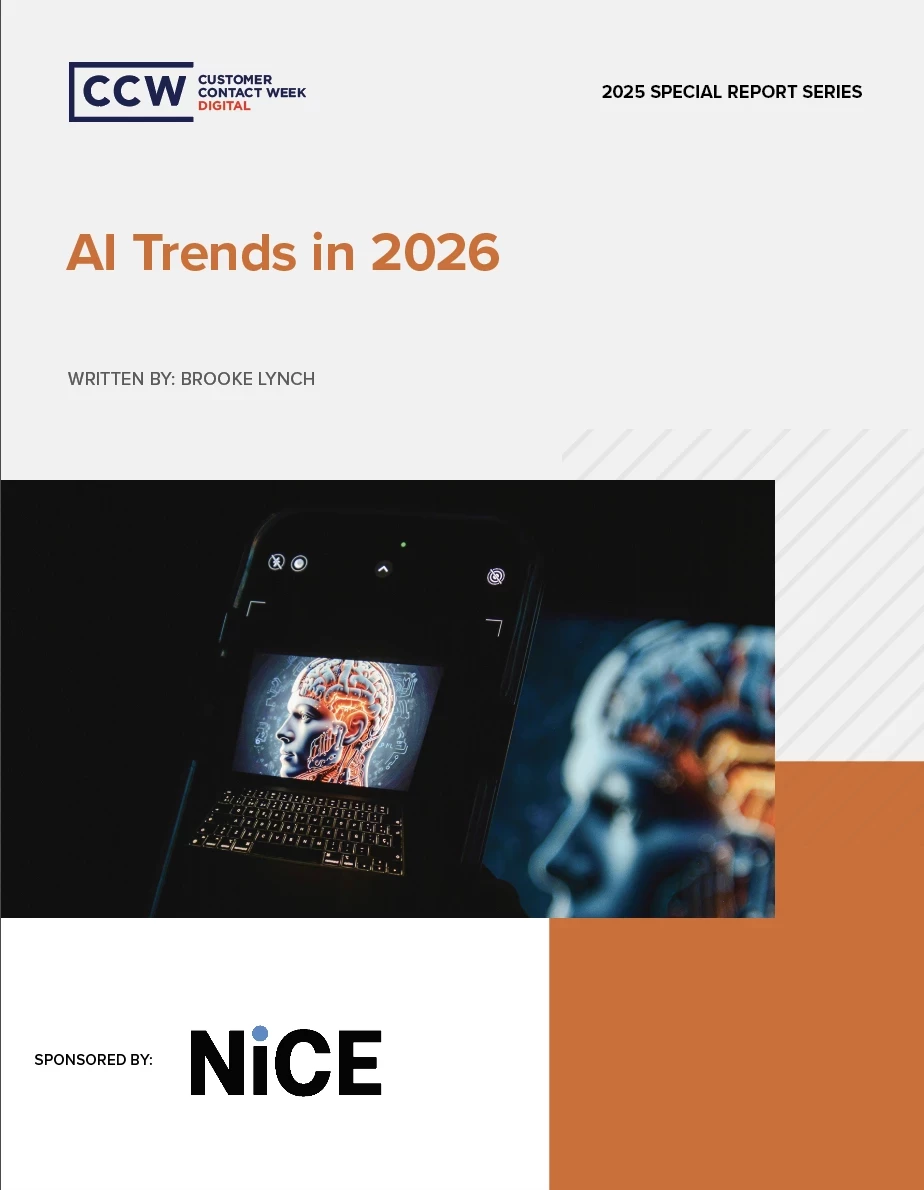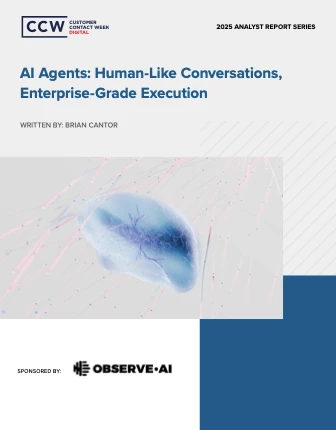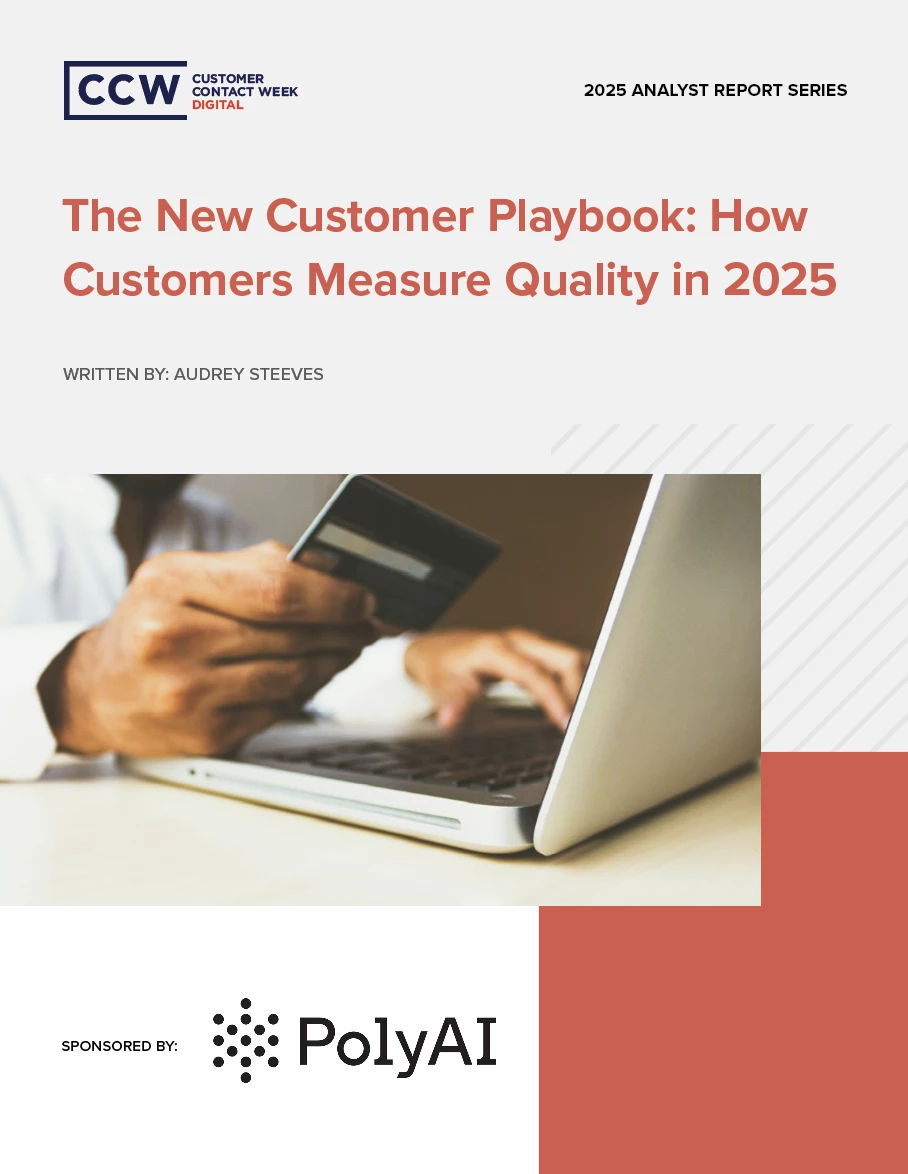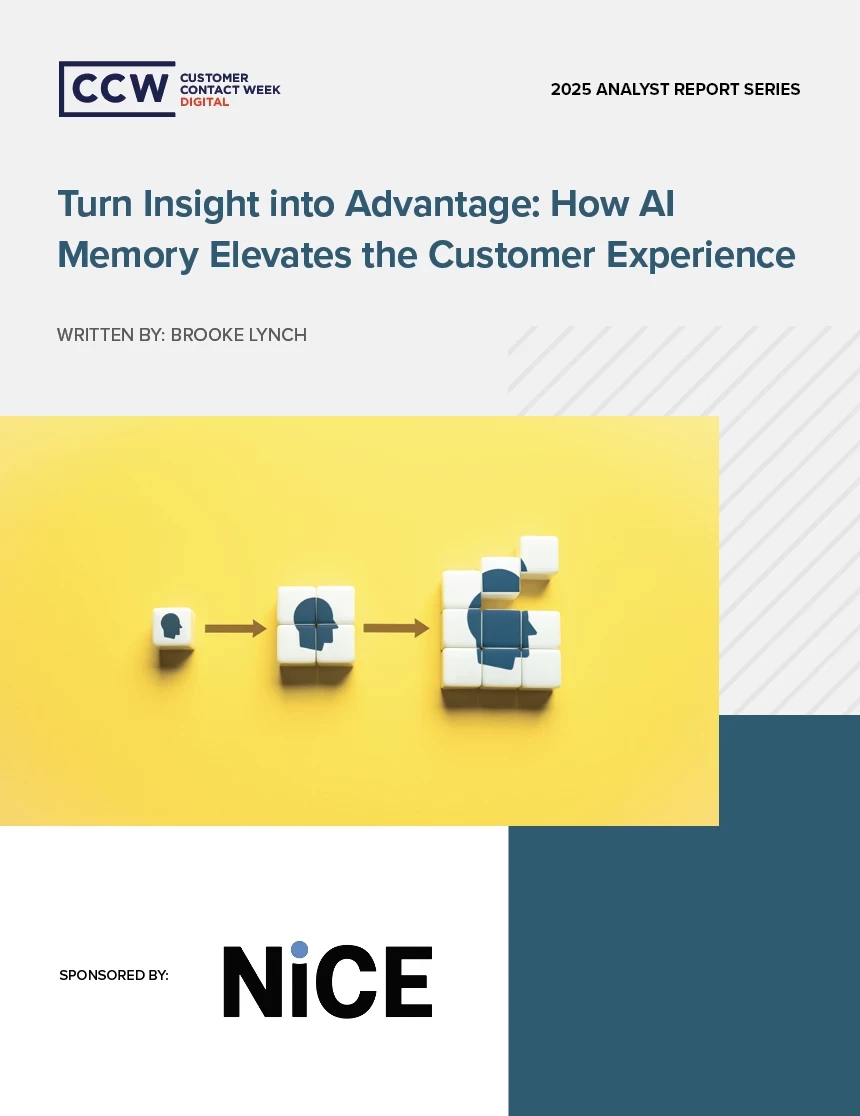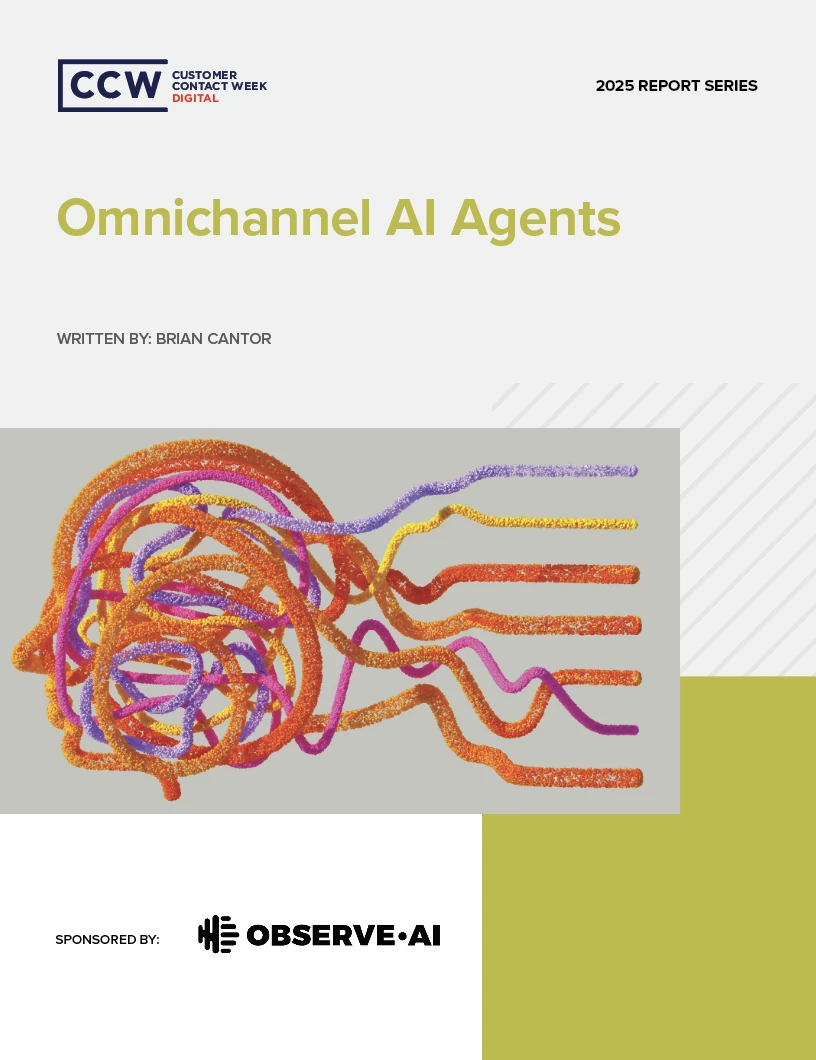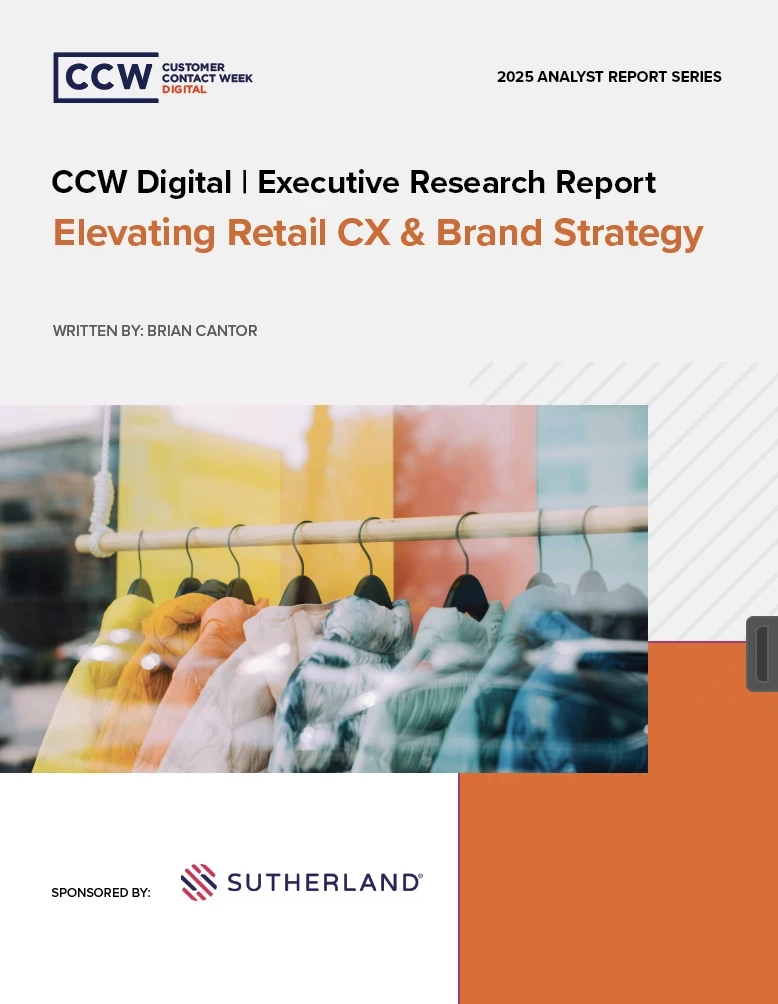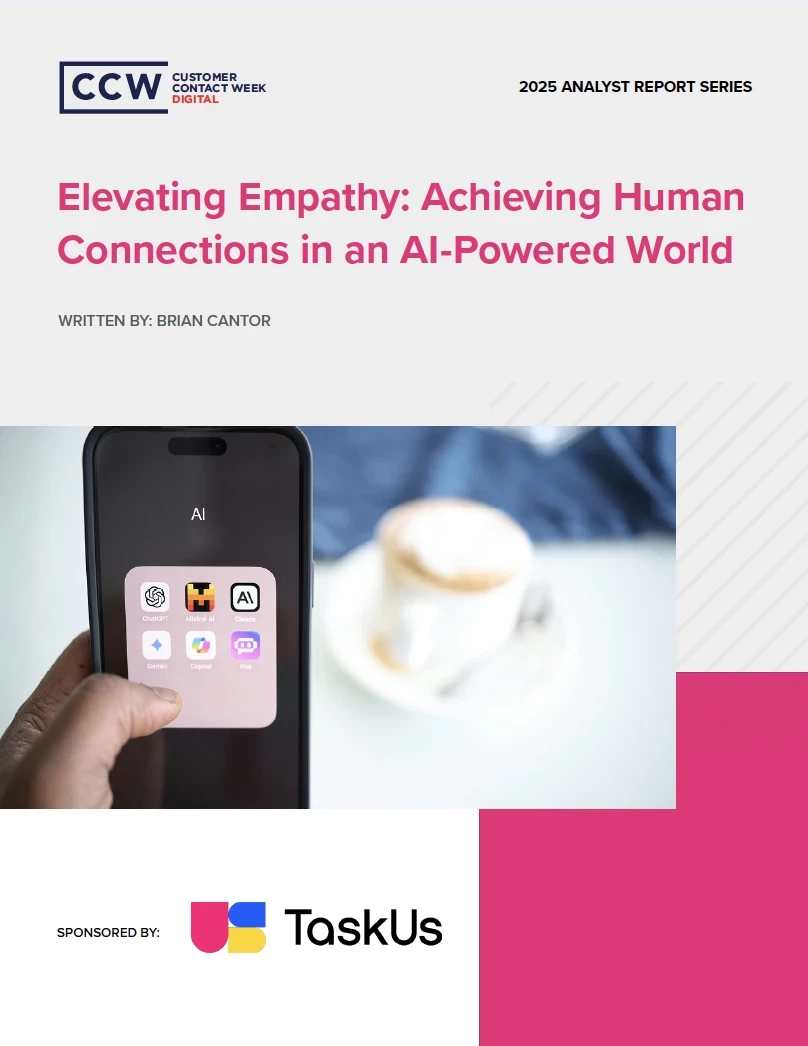The Power of Purpose In Building Customer Relationships
Add bookmark
Customers have become much more conscious of the world around them and they’re willing to adjust their consumption habits to reflect this. With rising social and environmental concerns, consumers expect brands to take on a lot more than they used to. They want their favorite companies to not only react but actually accept a level of accountability to enact meaningful change.
This group is considered purpose-driven, and they currently account for 40% of shoppers according to IBM’s latest research. In its definition, IBM notes that purpose-driven consumers seek products and brands that align with their lifestyle and wellness choices. Additionally, this group is actually willing to pay more for products that reflect these values, and they’re quick to make changes to help reduce their personal environmental impact.
This purpose-driven identity does fluctuate when considering varying purchasing categories. The strongest purpose-centric category is food, as IBM hypothesizes that customers may be more aware of items they put into their bodies over more superficial things like clothing.
While all of these concepts sound positive, this kind of devotion to the social and environmental cause should not be so simple. Customers are just as wary of brands that are inauthentic and abstract in their responsible messaging. To avoid this, here are a few ways to effectively navigate the purpose-driven environment:
Actions Speak Louder Than Words
While some customers are obviously seeking out conscious brands, they don’t just want to hear positive affirmations about supposed environmental and social change -- they want to actively see what a company is doing to address it. They also want companies to set actionable goals and real-life plans to enact meaningful change. Customers are no longer satisfied seeing sustainability vaguely mentioned in marketing campaigns, they’re seeking traceability.
According to IBM, brand loyalty in this category is contingent upon the presence of highly detailed product information. They want to learn about the production process, how the product is made, where it’s coming from, and how it got here. By providing customers information upfront, they gain an increased level of trust in the brand, leading to deeper and longer-lasting relationships.
For example, Pepsi recently introduced a Net-Zero initiative. The announcement laid out a plan to target a reduction of greenhouse gas emissions by more than 40% by the year 2030. In addition, the company officially pledged to achieve net-zero emissions by 2040, which is ahead of schedule according to dates outlined in the Paris Agreement. This roadmap to change is explicit and it holds the company accountable for reaching this efficiency goal. It’s this kind of public agreement that customers are looking for in 2021; something they can measure and understand rather than seeing a collection of ubiquitous buzzwords that feel disingenuous.
Brands As Ecosystems
In looking at the more social aspect of purpose-driven consumption, companies are now expected to take stances on political and social causes and share these messages with the world.
According to Accenture, customers now feel they are a part of what it calls a brand ecosystem. This promotes the idea that customers actually have a stake in what their favorite companies do and, in effect, the brand becomes community property. It claims that customers sustain brands through purchases, and their input ultimately produces and shapes certain decisions that impact a company’s bottom line. This leaves customers with a lot more power than they once had, and it means that their expectations weigh a lot heavier on a brand’s overall business model.
In considering this, it’s important to understand what customers truly want, in order to align as a value-driven company. In doing so, companies can work toward a joint mission that supports long-lasting relationships that promote a greater sense of inclusion.
Purpose and Mental Connection
Purpose does not just have temporary value as customers shift their priorities, it has the ability to create strong mental connections. In a recent study on purpose, respondents made faster associations between brands with purpose attributes, over brands with functional attributes related to price or convenience. Additionally, 78% of respondents noted that they are more likely to remember a company that exhibits a strong level of purpose.
The study concluded that purposeful brands actually connect with consumers emotionally, while functionally focused brands maintain a more rational appeal. This emotional connection allows purpose to become more deeply engrained in our purchasing decisions, which can be impactful when thinking about purposeful service. When a brand focuses more deeply on customer intent and provides service with a heightened sense of empathy and compassion, customers operate on a more emotional level and ultimately build more meaningful relationships with the brand. The evidence of long-lasting mental connections associated with purpose will likely have a profound effect on brands that prioritized these concepts throughout the pandemic. Successful brands, then, will take note of this connection now to encourage value-driven initiatives and deepen customer relationships.
Photo by Andrea Piacquadio PEXELS





















